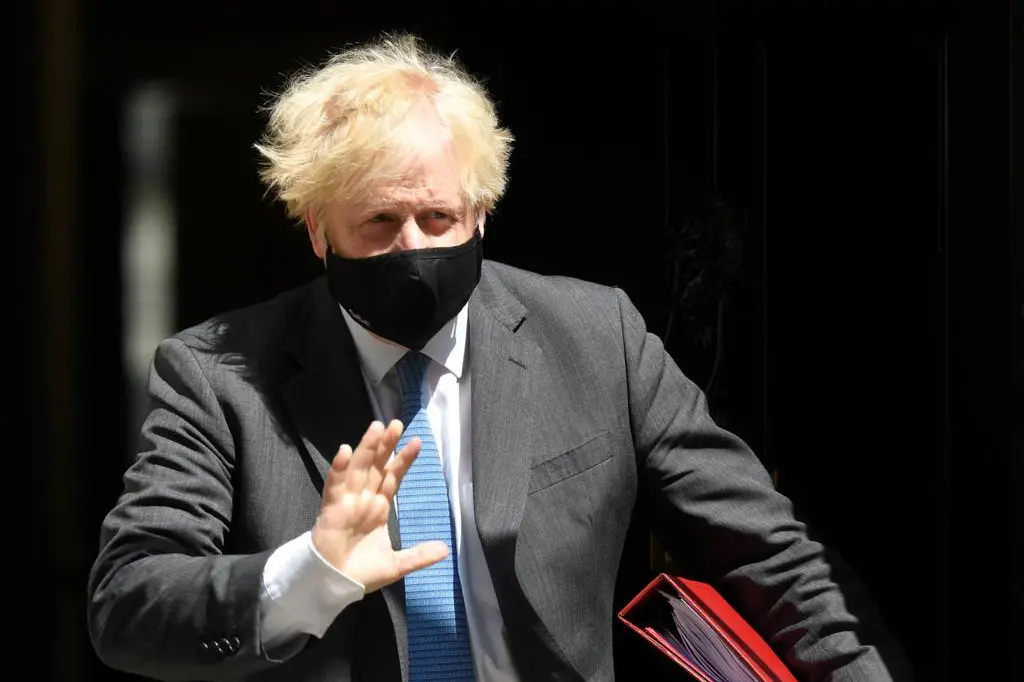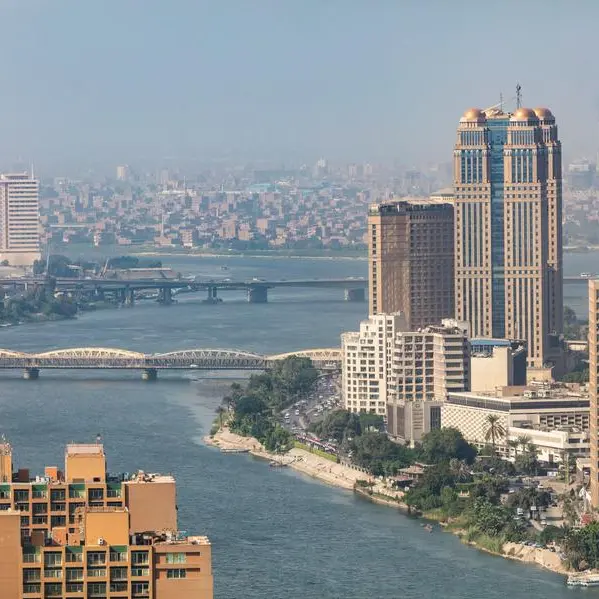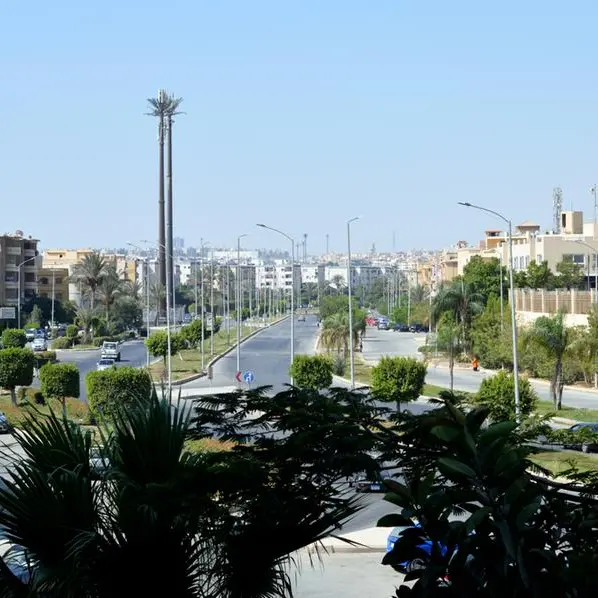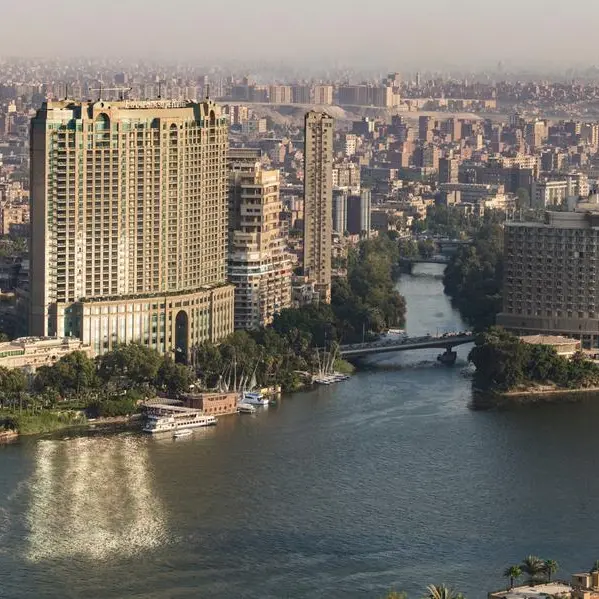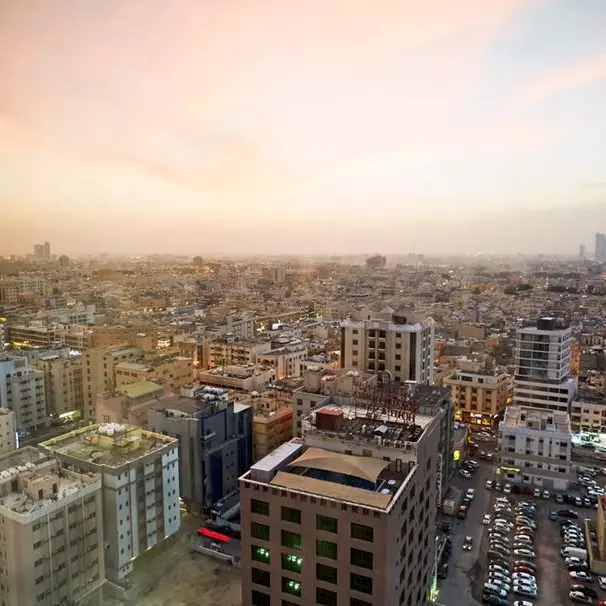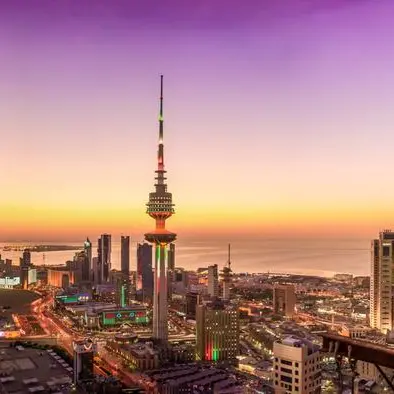PHOTO
UK Prime Minister Boris Johnson and senior ministers, including the treasury chief, have been forced to self-isolate after Sajid Javid, the health secretary, tested positive for the coronavirus disease (COVID-19).
Monday, July 19, 2021, was drummed up by the UK authorities as “freedom day,” but the government’s celebrations ended before they even began. For the public, especially those who believe their rights were curtailed during the long months of lockdown, at least the reopening of nightclubs brought some joy.
The lifting of pandemic restrictions in the UK should have been a day of celebration for all, but mixed messaging from the government, a rise in infection rates across the country, and scientists’ warnings of a renewed wave of COVID-19 have dealt a blow to a nation and people looking forward to the return of some sense of normality and the arrival of a long-awaited summer.
Government directives ending social distancing, the compulsory wearing of face masks, and a ban on households mixing indoors drew criticism from opposition MPs, London’s mayor and the scientific community.
Scientists accused Johnson of taking a gamble in pushing ahead with the removal of all restrictions. According to Prof. Chris Whitty, England’s chief medical officer, “Britain is not out of the woods yet.” Amid a sharp rise in COVID-19 hospital admissions, Whitty warned of “quite scary numbers” if the trend continues.
Britain can be seen as better than many nations in combating the pandemic due to its vaccine rollout, but it appears the government has again shifted its strategy toward achieving “herd immunity” — its much-criticized initial approach to the crisis in February and March 2020. How else can one interpret the government’s decision to lift restrictions at the same time as infections surged to levels unseen since February and March this year?
In the lead-up to "freedom day," Britain recorded more than 30,000 cases per day. Globally, the World Health Organization (WHO) has said that infections and deaths are climbing after a period of decline, spurred apparently by the more contagious delta variant. According to the WHO, there were 3 million more infections and more than 55,000 deaths last week around the world.
Again, at the 11th hour, muted UK government announcements reverted to calls for caution instead of the jubilation seen in recent weeks. Johnson said that “we cannot simply return instantly to life as it was before COVID-19.” Thank goodness for that.
It is easy for the PM to change both his mind and messaging, but who will persuade the skeptical public minority that they owe it to others to keep wearing face masks and to isolate themselves when necessary if the law no longer sanctions that?
Opposition politicians and some doctors have continued to urge the government to maintain the mask mandate, while business and trade unions worry that the shift to optional is a recipe for chaos. This is why Sadiq Khan, London’s mayor, announced that masks should continue to be worn on the capital’s public transport system. Similarly, the National Health Service, or NHS, will insist on face coverings in hospitals.
Most people in the UK have responded positively to government guidance, even when it seemed vague and confusing. So the government must take its moral responsibility seriously, weighing up the risks and listening to scientific opinion before offering practical protective steps based on the level of threat to the healthcare system and the economy.
Replacing legally enforced COVID-19 restrictions with common sense alone is a gamble that could lead to more lockdowns in the autumn, experts warn, especially since the world is seeing a surge of infections fueled by the highly transmissible delta and beta variants. However, the fact that global cases are spiking again appears to be of little interest to the UK government.
Countries such as Australia, the US and Israel have been forced to rethink their restrictions, adopting new strategies in response to a rise in cases. The UK must do the same before it is too late, even if the Johnson government risks accusations of performing a U-turn — at least this would be in the name of public health and the safety of the nation.
In the UK, people were determined to celebrate "freedom day" as if it were the end of a major war. Some even called it VC Day — victory over the coronavirus, in keeping with the Second World War VE Day (Victory in Europe).
But in the case of the pandemic, sadly, the war is far from over. The virus has claimed more than 150,000 lives in the UK so far, and the toll continues to climb despite the vaccine. Current daily infections are above 50,000, and scientists are predicting the figure could double within weeks.
• Mohamed Chebaro is a British-Lebanese journalist with more than 25 years’ experience covering war, terrorism, defense, current affairs and diplomacy. He is also a media consultant and trainer.
Copyright: Arab News © 2021 All rights reserved. Provided by SyndiGate Media Inc. (Syndigate.info).
